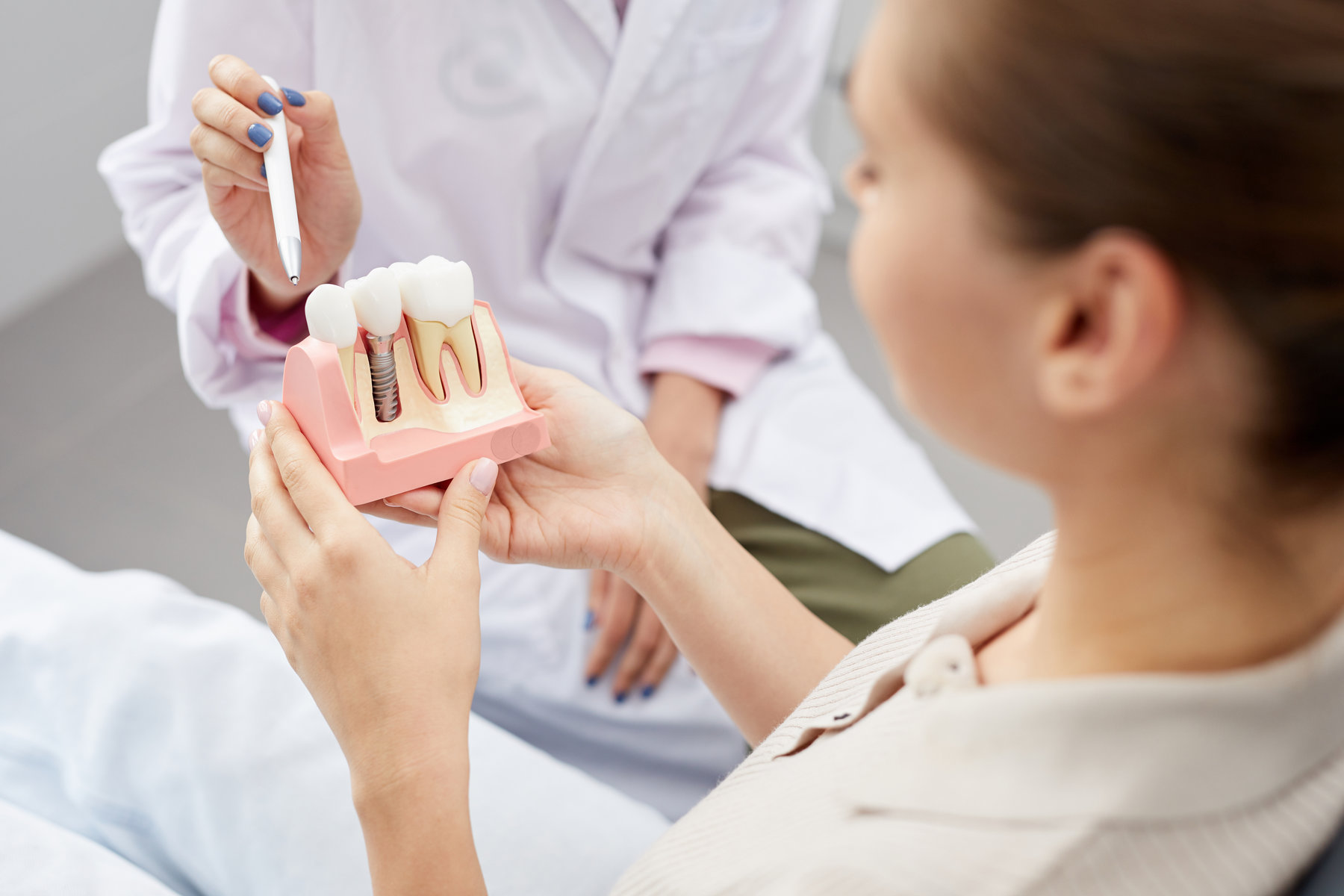Missing teeth create more than just aesthetic concerns—they trigger a cascade of changes in your jawbone that can complicate future dental treatments. Tooth loss leads to immediate deterioration of the underlying bone, potentially compromising your candidacy for dental implants in Briarcliff Manor. To make informed choices regarding your oral health and treatment schedule, it’s crucial to understand when bone grafting is required.
At Northern Westchester Dental Care, our experienced team evaluates each patient’s unique situation to determine the best approach for successful dental implant placement. With locations in both Yorktown Heights and Briarcliff Manor, we provide comprehensive implant services, including bone grafting procedures when needed to ensure optimal outcomes for our patients.
Understanding Bone Loss After Tooth Extraction
Your jawbone requires constant stimulation from tooth roots to maintain its density and structure. When a tooth is removed or lost, this stimulation disappears, leading to a process called resorption. Within the first three months of tooth loss, you can lose up to 25% of the bone in that area, with continued deterioration over time.
The rate and extent of bone loss vary among people, influenced by factors such as age, overall health, the location of the missing tooth, and how long the area has been without a tooth. Front teeth typically experience less bone loss than back teeth, which endure greater chewing forces. However, any significant bone loss can compromise the stability and success of future dental implants.
When Bone Grafting Becomes Necessary
Dental implants require adequate bone height, width, and density to achieve proper integration and long-term stability. Your dentist will evaluate several factors to determine if bone grafting is necessary:
- Insufficient Bone Volume: If there isn’t enough bone to securely anchor an implant, grafting becomes essential. This typically occurs when teeth have been missing for extended periods or when significant bone loss occurred during the original tooth extraction.
- Bone Quality Concerns: Some patients have naturally softer bone or bone that has become compromised due to periodontal disease. In these cases, bone grafting can improve the quality and density of the foundation for your implant.
- Anatomical Limitations: Certain areas of the mouth, particularly the upper jaw near the sinuses, may require grafting to create adequate space between the implant and sensitive structures like nerve canals or sinus cavities.
By addressing these factors proactively with bone grafting, Northern Westchester Dental Care ensures that your jawbone provides a strong, stable foundation, significantly increasing the success rate and longevity of your implants. Our commitment is to restore both the function and aesthetics of your smile with the highest standard of care.
Types of Bone Grafting Procedures
Several bone grafting techniques can restore adequate bone structure for implant placement. We will recommend the most appropriate plan based on your specific needs:
- Socket preservation grafts performed immediately after tooth extraction help maintain bone volume
- Ridge augmentation builds up areas where significant bone loss has occurred
- Sinus lift procedures create additional bone height in the upper jaw
- Block grafts address more extensive bone deficiencies using larger bone segments
The grafting material may come from your own body, donor sources, or synthetic alternatives. Each option has specific advantages, and your dental team will explain which approach offers the best results for your situation.
The Timing Factor in Treatment Planning
The timing of bone grafting significantly impacts your overall treatment timeline and success rates. Immediate grafting at the time of extraction can prevent bone loss and potentially reduce your overall treatment time. However, if significant time has passed since tooth loss, more extensive grafting procedures may be required.
Most bone grafts need several months to integrate and mature before implant placement can occur. While this extends your treatment timeline, it dramatically improves the likelihood of successful implant integration. Dental implants have a success rate of 95% when proper protocols are followed, including adequate bone preparation when necessary.
Your dental team will develop a personalized treatment plan that considers your specific bone conditions, overall health, and treatment goals to optimize both timing and outcomes.
Experience Comprehensive Implant Care at Northern Westchester Dental Care
Northern Westchester Dental Care combines advanced diagnostic technology with decades of experience to provide exceptional implant dentistry services. Our team of skilled specialists works to ensure every aspect of your treatment is planned and expertly executed. We understand that each patient’s needs are unique, and we’re committed to developing treatment plans that prioritize both immediate comfort and long-term success.
Whether you need immediate treatment planning after tooth loss or are considering implants for teeth that have been missing for years, our comprehensive approach includes thorough evaluation, detailed treatment planning, and ongoing support throughout your healing process. Ready to restore your smile with confidence? Contact our team to schedule your consultation and discover how we can help you achieve optimal oral health.
